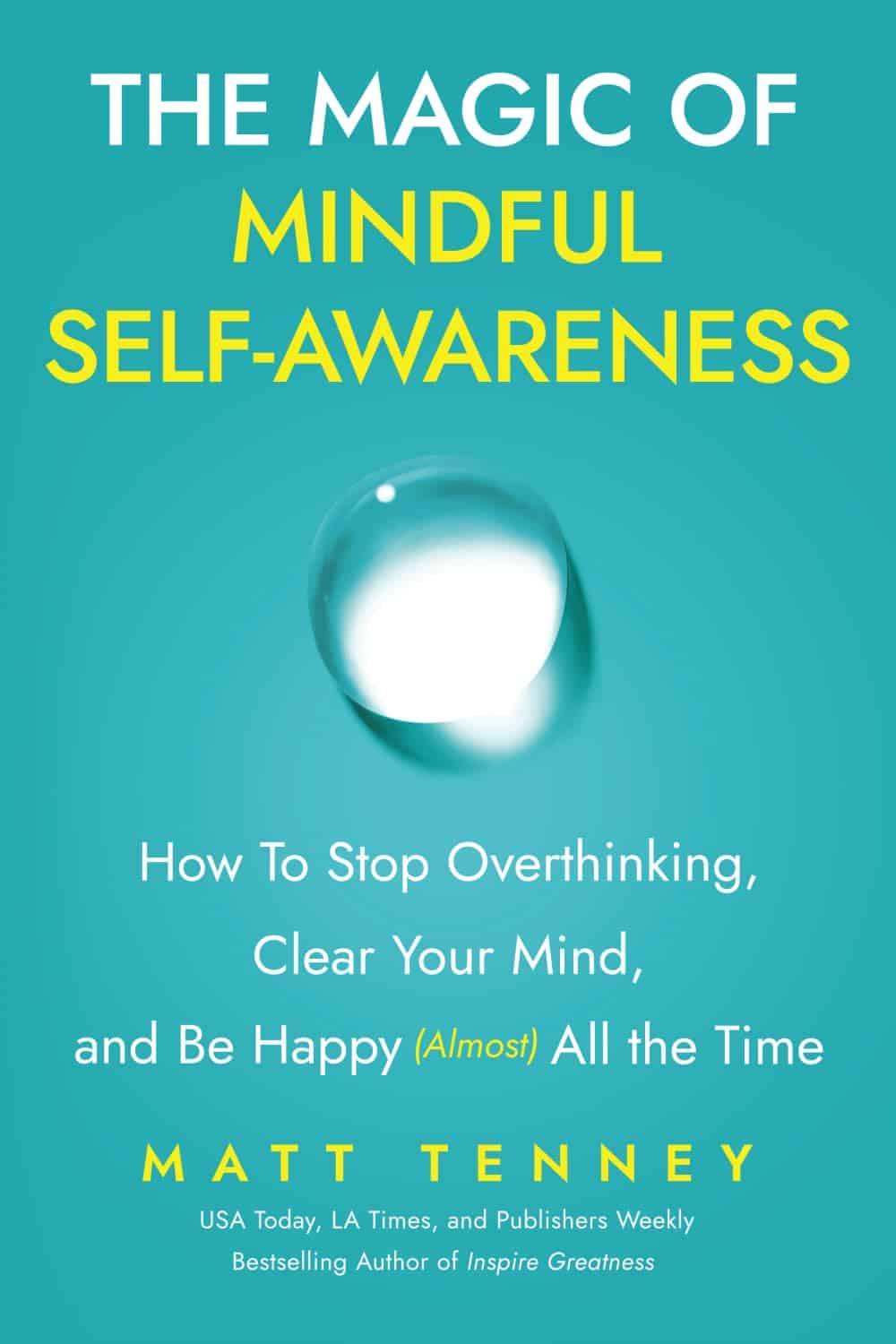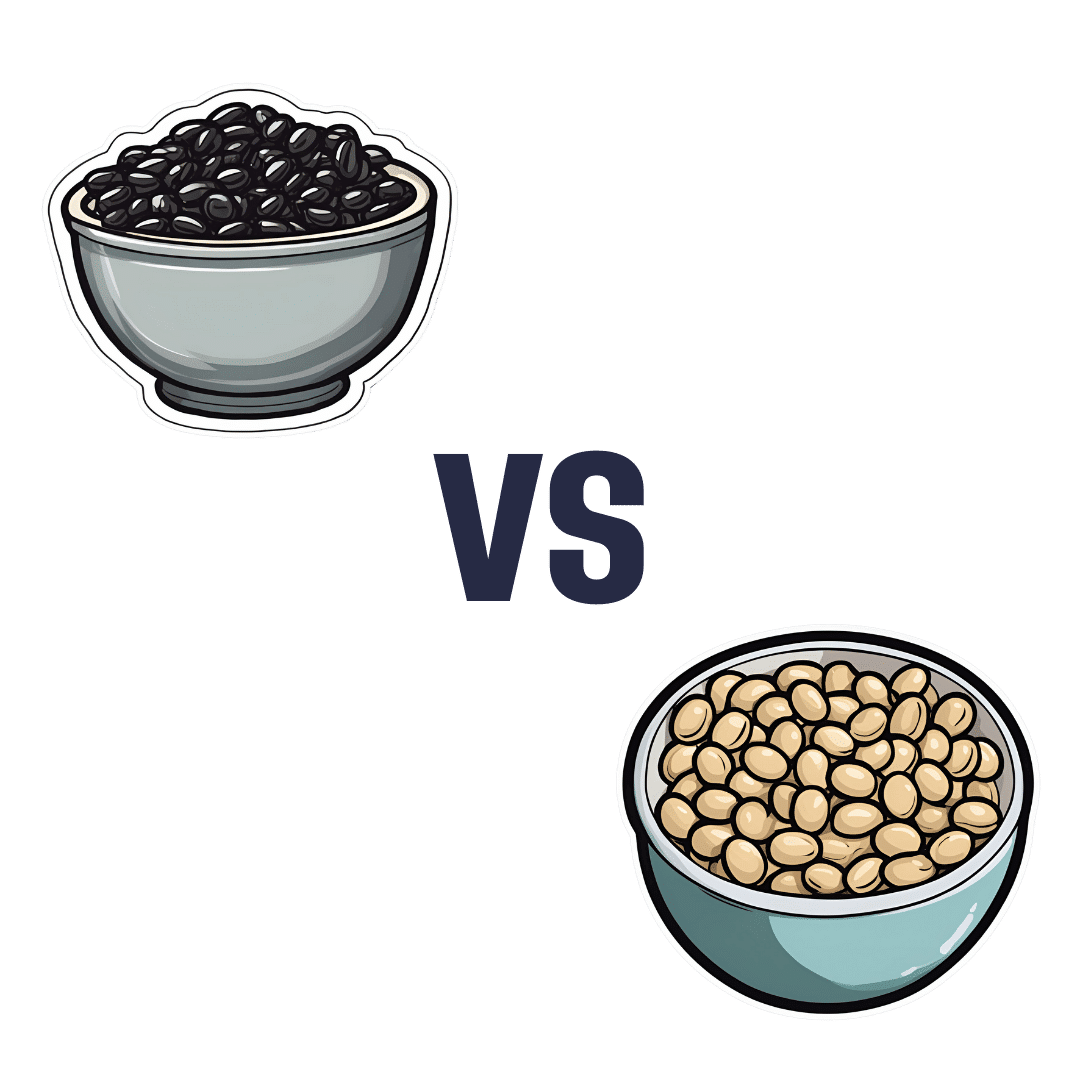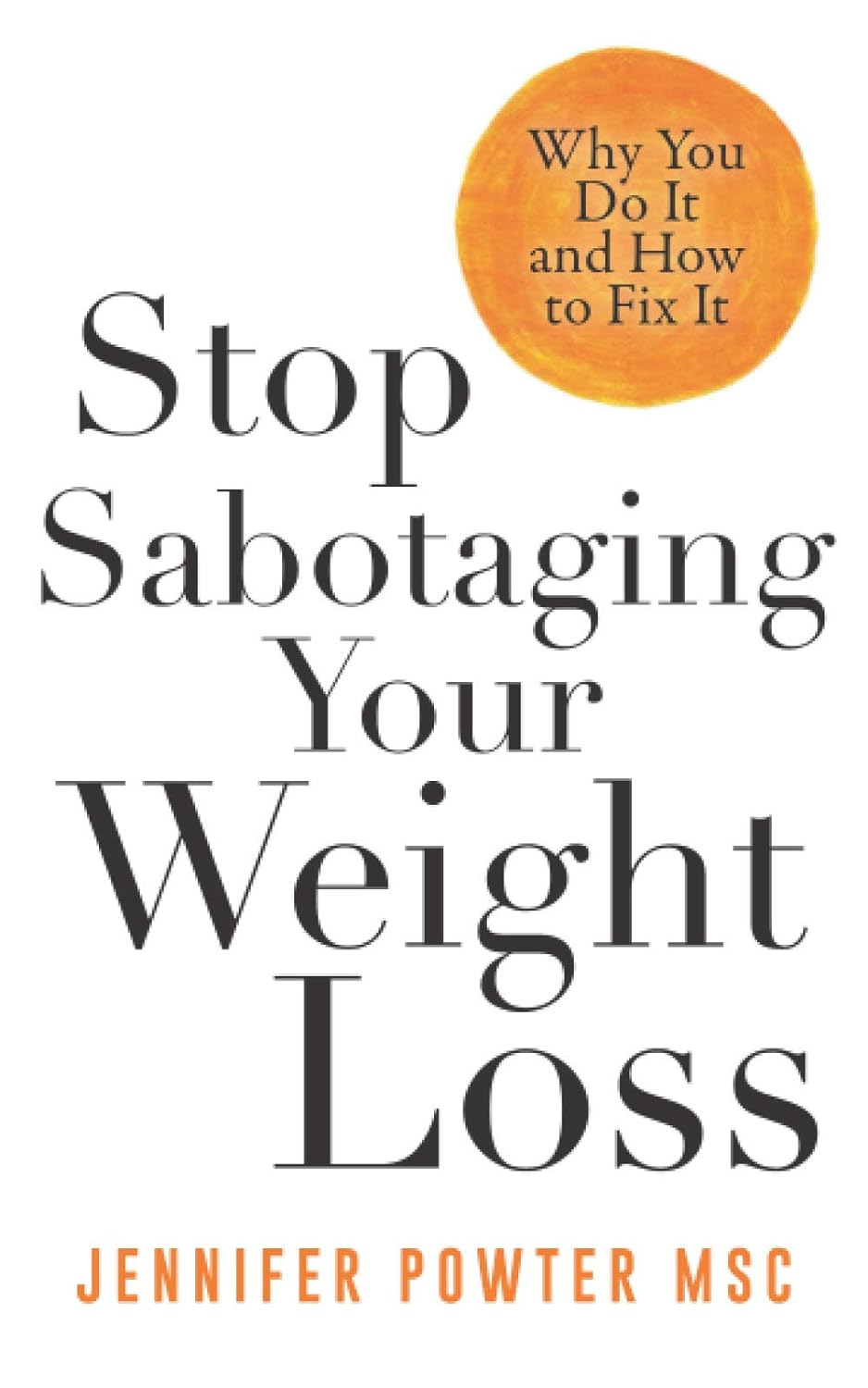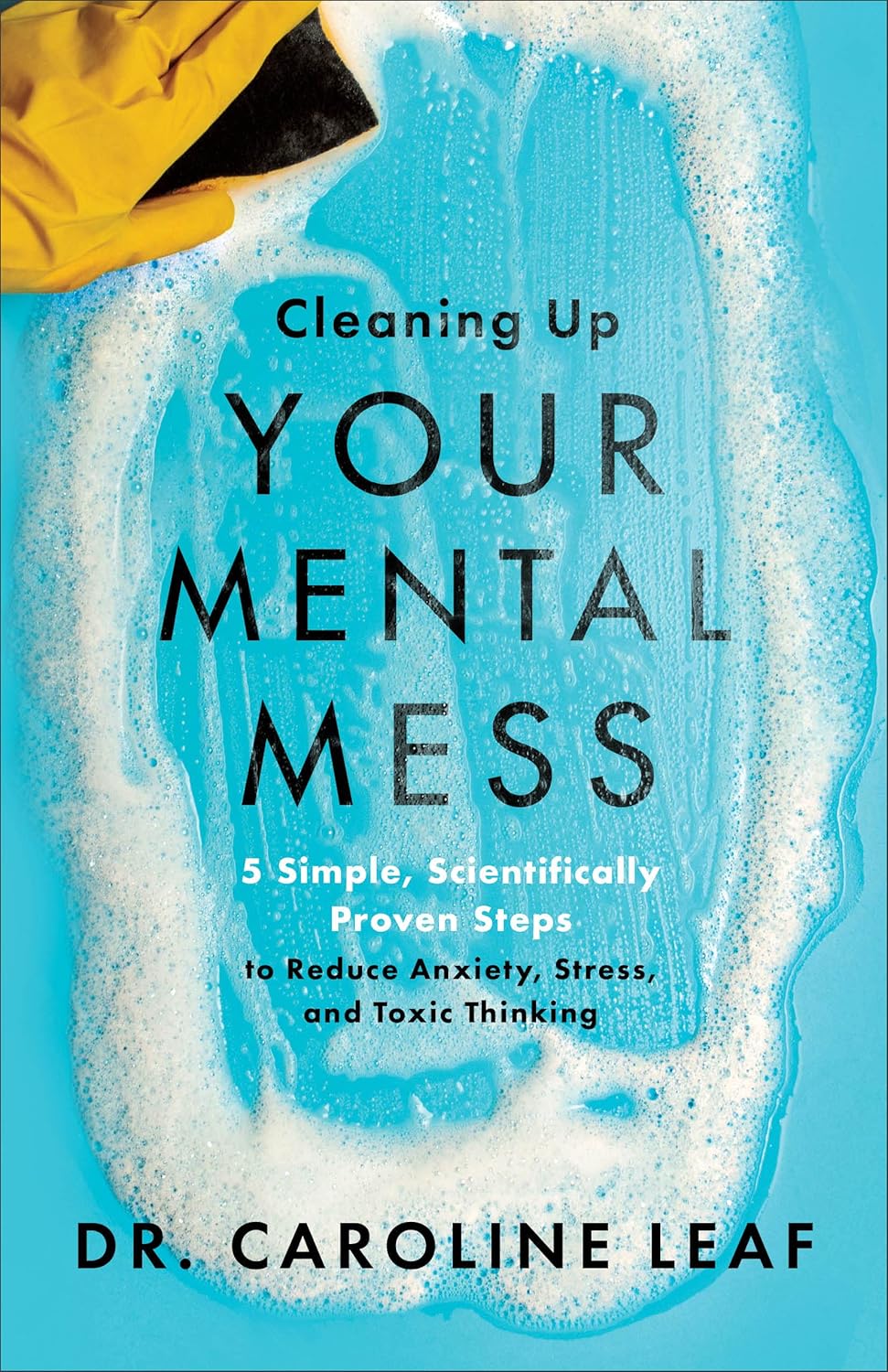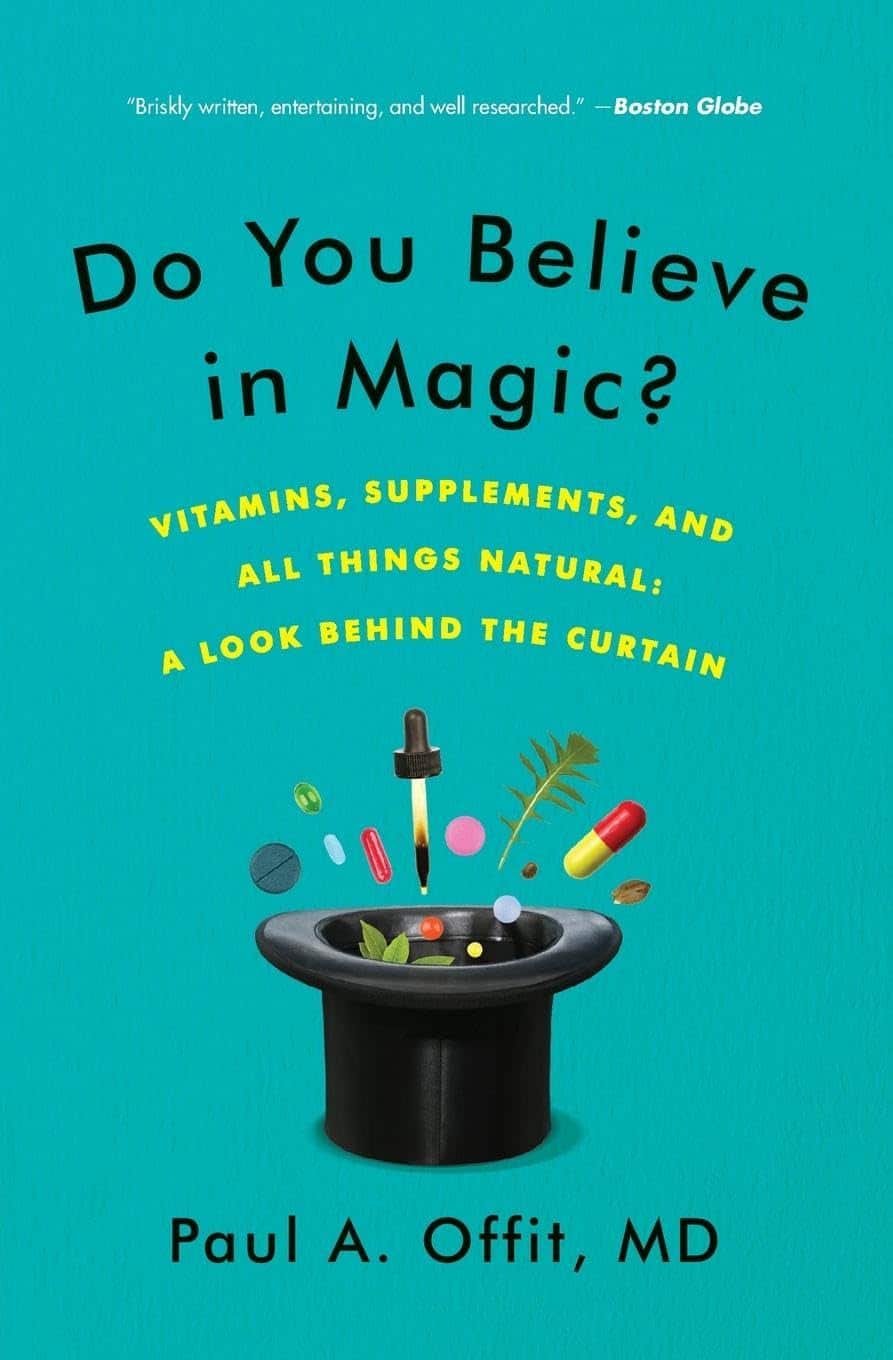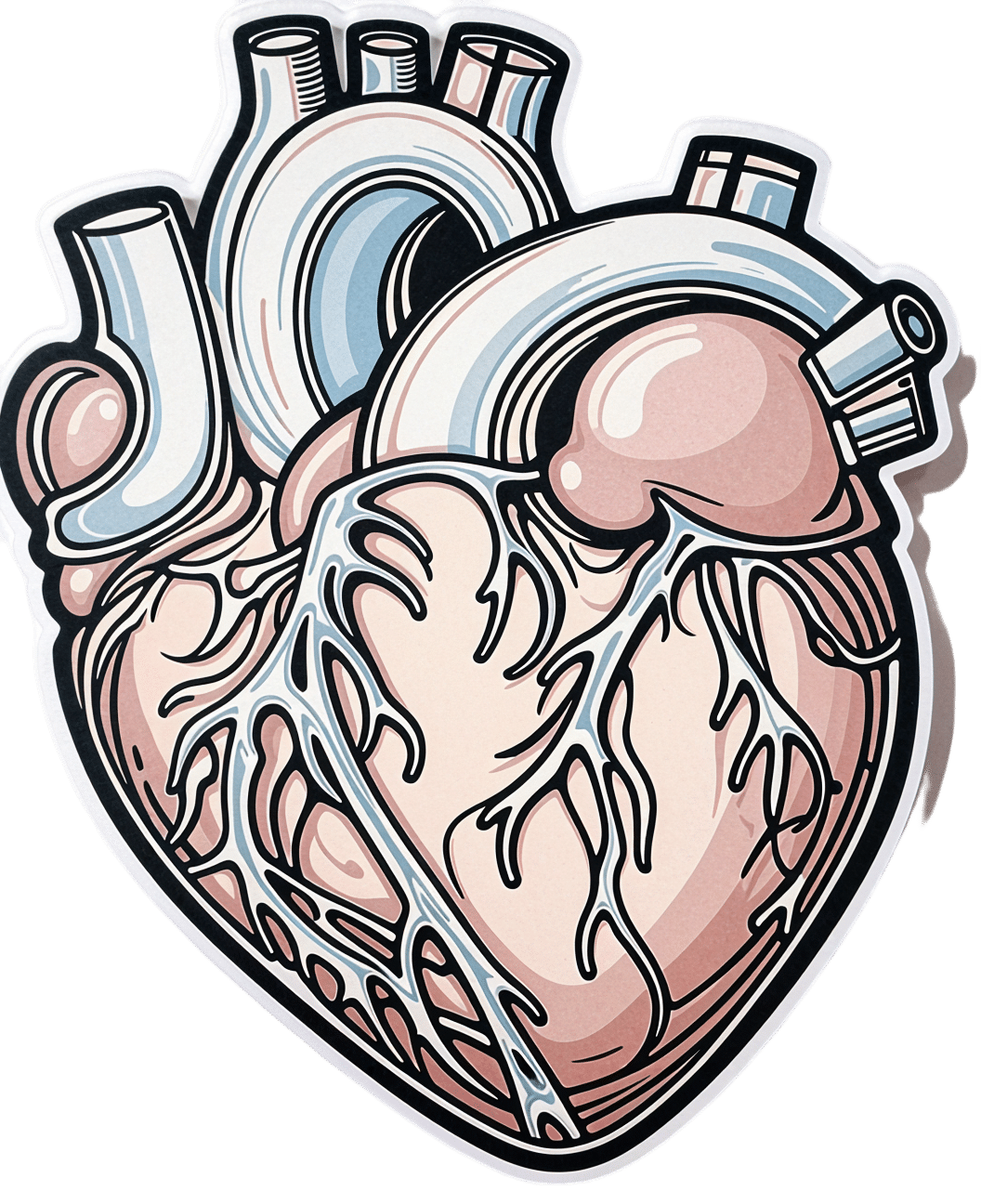
HRT & Your Heart
10almonds is reader-supported. We may, at no cost to you, receive a portion of sales if you purchase a product through a link in this article.
It’s Q&A Day at 10almonds!
Have a question or a request? We love to hear from you!
In cases where we’ve already covered something, we might link to what we wrote before, but will always be happy to revisit any of our topics again in the future too—there’s always more to say!
As ever: if the question/request can be answered briefly, we’ll do it here in our Q&A Thursday edition. If not, we’ll make a main feature of it shortly afterwards!
So, no question/request too big or small
❝So the reason that someone on estrogen has a slightly higher chance of a heart attack is…what? Is it just because there’s a higher body fat?❞
There shouldn’t be higher chance of a heart attack once everything’s been taken into account, and indeed estrogen has some cardioprotective benefits, along with competing properties, e.g:
❝The cardiovascular effects of estrogen require a careful balancing act between possible advantages, such as enhanced lipid profiles and vascular function, and possible concerns, like increased thrombotic risk.
Estrogen has cardioprotective properties in premenopausal women❞
Source: The Relationship Between Myocardial Infarction and Estrogen Use: A Literature Review
The risks and benefits of HRT are numerous, and/but a lot of the risks are associated only with animal-derived HRT rather bioidentitical, so you might want to check out our previous article:
HRT: A Tale Of Two Approaches (Bioidentical vs Animal)
Would you like this section to be bigger? If so, send us more questions!
Don’t Forget…
Did you arrive here from our newsletter? Don’t forget to return to the email to continue learning!
Recommended
Learn to Age Gracefully
Join the 98k+ American women taking control of their health & aging with our 100% free (and fun!) daily emails:
-
The Magic Of Mindful Self-Awareness − by Matt Tenny
10almonds is reader-supported. We may, at no cost to you, receive a portion of sales if you purchase a product through a link in this article.
As the author is not a Dr. Matt Tenny, you may wonder his qualifications. In this case, the answer is summed up in the title of the first part of the book, “How I discovered unconditional happiness on my journey from prisoner to monk to social entrepreneur”. In other words, this one’s about personal experience of changing his life considerably.
Part two, however, is where the actual practical content starts, with such topics as:
- How to be free from your thoughts so you can stop overthinking and enjoy the present moment
- How to clear your mind and make the practice of self-awareness (almost) effortless
- How to transform mundane activities into magical moments and be happy 95% of the time
You may be wondering about the other 5%; i.e. will this not work for some things? The answer is rather that sometimes we will experience emotions that are considered negative, and that’s ok. It need not be much of the time, but if we didn’t experience them at all, we’d just normalize a new set point and consider the least enjoyable 5% of that to be negative.
And indeed, part three is “how to be at peace during the 5% of life that is truly painful, and live a deeply meaningful life”.
Which, honestly, is a very important life skill, and this alone is worth the price of the book if you don’t already have this skill (and if you do, then condolences for however you got it, but congratulations on having it).
The style is quite personal and direct, and—unlike that of a lot of CEO-monk types—surprisingly down-to-earth and (actually!) mindfully self-aware.
Bottom line: if you’d like to be at peace in life with more practical advice than just “practice some mindfulness meditation”, then this book could be just the turning point you need.
Share This Post
-
Black Beans vs Soy Beans – Which is Healthier?
10almonds is reader-supported. We may, at no cost to you, receive a portion of sales if you purchase a product through a link in this article.
Our Verdict
When comparing black beans to soy beans, we picked the soy.
Why?
Quite some heavyweights competing here today, as both have been the winners of other comparisons!
Comparing these two’s macros first, black beans have 3x the carbs and slightly more fiber, while soy has more than 2x the protein. We’ll call this a win for soy.
As a tangential note, it’s worth remembering also that soy is a complete protein (contains a full set of the amino acids we need), whereas black beans… Well, technically they are too, but in practicality, they only have much smaller amounts of some amino acids.
In terms of vitamins, black beans have more of vitamins B1, B3, B5, B9, and E, while soy beans have more of vitamins A, B2, B6, C, K, and choline. A marginal win for soy here.
In the category of minerals, however, it isn’t close: black beans are not higher in any minerals, while soy beans are higher in calcium, copper, iron, magnesium, manganese, phosphorus, potassium, selenium, and zinc. An overwhelming win for soy.
It should be noted, however, that black beans are still very good for minerals! They just look bad when standing next to soy, that’s all.
So, enjoy either or both, but for nutritional density, soy wins the day.
Want to learn more?
You might like to read:
Plant vs Animal Protein: Head to Head
Take care!
Share This Post
-
Stop Sabotaging Your Weight Loss – by Jennifer Powter, MSc
10almonds is reader-supported. We may, at no cost to you, receive a portion of sales if you purchase a product through a link in this article.
This is not a dieting book, and it’s not a motivational pep talk.
The book starts with the assumption that you do want to lose weight (it also assumes you’re a woman, and probably over 40… that’s just the book’s target market, but the same advice is good even if that’s not you), and that you’ve probably been trying, on and off, for a while. Her position is simple:
❝I don’t believe that you have a weight loss problem. I believe that you have a self-sabotage problem❞
As to how this sabotage may be occurring, Powter talks about fears that may be holding you back, including but not limited to:
- Fear of failure
- Fear of the unknown
- Fear of loss
- Fear of embarrassment
- Fear of your weight not being the reason your life sucks
Far from putting the reader down, though, Powter approaches everything with compassion. To this end, her prescription starts with encouraging self-love. Not when you’re down to a certain size, not when you’re conforming perfectly to a certain diet, but now. You don’t have to be perfect to be worthy of love.
On the topic of perfection: a recurring theme in the book is the danger of perfectionism. In her view, perfectionism is nothing more nor less than the most justifiable way to hold yourself back in life.
Lastly, she covers mental reframes, with useful questions to ask oneself on a daily basis, to ensure progressing step by step into your best life.
In short: if you’d like to lose weight and have been trying for a while, maybe on and off, this book could get you out of that cycle and into a much better state of being.
Get your copy of “Stop Sabotaging Your Weight Loss” from Amazon today!
Share This Post
Related Posts
-
Cleaning Up Your Mental Mess – by Dr. Caroline Leaf
10almonds is reader-supported. We may, at no cost to you, receive a portion of sales if you purchase a product through a link in this article.
First of all, what mental mess is this? Well, that depends on you, but common items include:
- Anxiety
- Depression
- Stress
- Trauma
Dr. Caroline Leaf also includes the more nebulous item “toxic thoughts”, but this is mostly a catch-all term.
Given that it says “5 simple scientifically proven steps”, it would be fair if you are wondering:
“Is this going to be just basic CBT stuff?”
And… First, let’s not knock basic CBT stuff. It’s not a panacea, but it’s a great tool for a lot of things. However… Also, no, this book is not about just basic CBT stuff.
In fact, this book’s methods are presented in such a novel way that this reviewer was taken aback by how unlike it was to anything she’d read before.
And, it’s not that the components themselves are new—it’s just that they’re put together differently, in a much more organized comprehensive and systematic way, so that a lot less stuff falls through the cracks (a common problem with standalone psychological tools and techniques).
Bottom line: if you buy one mental health self-help book this year, we recommend that it be this one
Click here to check out Cleaning Up Your Mental Mess, and take a load off your mind!
Don’t Forget…
Did you arrive here from our newsletter? Don’t forget to return to the email to continue learning!
Learn to Age Gracefully
Join the 98k+ American women taking control of their health & aging with our 100% free (and fun!) daily emails:
-
Do You Believe In Magic? – by Dr. Paul Offit
10almonds is reader-supported. We may, at no cost to you, receive a portion of sales if you purchase a product through a link in this article.
Here at 10almonds, we like to examine and present the science wherever it leads, so this book was an interesting read.
Dr. Offit, himself a much-decorated vaccine research scientist, and longtime enemy of the anti-vax crowd, takes aim at alternative therapies in general, looking at what does work (and how), and what doesn’t (and what harm it can cause).
The style of the book is largely polemic in tone, but there’s lots of well-qualified information and stats in here too. And certainly, if there are alternative therapies you’ve left unquestioned, this book will probably prompt questions, at the very least.
And science, of course, is about asking questions, and shouldn’t be afraid of such! Open-minded skepticism is a key starting point, while being unafraid to actually reach a conclusion of “this is probably [not] so”, when and if that’s where the evidence brings us. Then, question again when and if new evidence comes along.
To that end, Dr. Offit does an enthusiastic job of looking for answers, and presenting what he finds.
If the book has downsides, they are primarily twofold:
- He is a little quick to dismiss the benefits of a good healthy diet, supplemented or otherwise.
- His keenness here seems to step from a desire to ensure people don’t skip life-saving medical treatments in the hope that their diet will cure their cancer (or liver disease, or be it what it may), but in doing so, he throws out a lot of actually good science.
- He—strangely—lumps menopausal HRT in with alternative therapies, and does the exact same kind of anti-science scaremongering that he rails against in the rest of the book.
- In his defence, this book was published ten years ago, and he may have been influenced by a stack of headlines at the time, and a popular celebrity endorsement of HRT, which likely put him off it.
Bottom line: there’s something here to annoy everyone—which makes for stimulating reading.
Click here to check out Do You Believe In Magic, and expand your knowledge!
Don’t Forget…
Did you arrive here from our newsletter? Don’t forget to return to the email to continue learning!
Learn to Age Gracefully
Join the 98k+ American women taking control of their health & aging with our 100% free (and fun!) daily emails:
- He is a little quick to dismiss the benefits of a good healthy diet, supplemented or otherwise.
-
How To Keep On Keeping On?
10almonds is reader-supported. We may, at no cost to you, receive a portion of sales if you purchase a product through a link in this article.
How To Keep On Keeping On… Long Term!
For many when it comes to health-related goals and practices, it’s easy to find ourselves in a bit of a motivational dip around this time of year. The enthusiasm of new year’s resolutions has been and gone, and there’s not yet much of a drive to “get a beach body” or “be summer-ready”.
A word to the wise on those before moving on, though:
- How to get a beach body: take your body to a beach. Voilà. Beach body.
- Remember: the beach is there for your pleasure and entertainment, not the other way around!
- How to be summer-ready: the real question is, will summer be ready for you?
But what is this, demotivational rhetoric to discourage you from getting fit and healthy?
Not at all, but rather, to be sure that you’re pursuing your own goals and not just what you feel might be expected of you.
All that in mind, let’s get to the tips…
Focus on adding health
It can be tempting (and even, good) to cut down on unhealthy things. But when it comes to motivation, it’s harder to stay motivated for deprivation, than it is for some healthy addition to life.
So for example, this philosophy would advocate for:
- Instead of counting calories, count steps! Or even…
- Instead of counting calories, count colors! Eat the rainbow and all that. No, skittles do not count, but eating a variety of naturally different-colored foods will tend to result in adding different nutrients to your diet.
- Instead of cutting out sugar, add fruit! How many per day will you go for? If you don’t eat much fruit as it is, consider making it a goal to have even just one piece of fruit a day, then build up from there. Find fruit you like! If you pick the fruit you want instead of the fruit you think you “should” have, it’s basically a dessert snack.
We’ve recommended it before, and we’ll recommend it again, but if you’re interested in “adding health”, you should definitely check out:
Dr. Greger’s Daily Dozen (checklist, plus app if you want it)
More details: it’s a checklist of 12 things you should try to include in your diet, with a free streak-tracking app, if you want it, all based on the same scientific research as the best-selling book “How Not To Die”.
“Minimum effort!”
Did you see the movie “Deadpool”? The protagonist has a catch-phrase as he goes into battle, saying to himself “Maximum effort!”.
And, that’s all very well and good if your superpower is immediate recovery from pretty much anything, but for the rest of us, sometimes it’s good to hold ourselves to “minimum effort!”.
Sometimes, something worth doing is worth doing just a little a bit. It’s always better than nothing! Even if feels like you gained nothing from it, it’s the foundation of a habit, and the habit will grow and add up. Sometimes it may even take you by surprise…
Don’t feel like doing 20 bodyweight squats? Do literally just one. Make a deal with yourself: do just one, then you can stop if you like. Then after you’ve done one, you might think to yourself “huh, that wasn’t so bad”, and you try out a few more. Maybe after 5 you can feel your blood pumping a bit and you think “you know what, that’s enough for now”, and great, you did 5x as much exercise as you planned! Wonder what you’ll do tomorrow!
(personal note from your writer here: I’ve managed to “just extend this exercise a little bit more than last time” my way into hour-long exercise sessions before now; I started with “just 10 squats” or “just one sun salutation” etc, to get myself out of a no-exercise period that I’d slipped into, and it’s amazing how quickly adding just a little bit to the previous day’s “minimum effort!” adds up to a very respectable daily exercise session)
Wondering what a good, easy, respectable short term goal could be?
Check Out, For Example: The Seven-Minute Workout
(You might have heard of this one before; it’s an incredibly efficient well-optimized short complete workout that requires no special equipment, just a bit of floorspace and a wall—the above app allows for customizations of it per your preferences, but the basic routine is an excellent starting point for most people)
Commit to yourself (and do any self-negotiation up-front)
Really commit, though. No “or I will look silly because I told people I’d do it”, no “or I will donate x amount to charity” etc, just “I will do it and that’s that”. If you find yourself second-guessing yourself or renegotiating with yourself, just shut that down immediately and refuse to consider it.
Note: you should have break-clauses in this contract with yourself, though. For example, “unless I am ill or injured” is a sensible rule to have in advance for most exercise regimes that weren’t undertaken with your illness or injury in mind.
Make a “To-Don’t” list
Much like how addicts are often advised to not try to quit more than one thing at once, we must also be mindful of not taking on too much at once. It can be very tempting to think:
“I will turn my life around, now! I’ll quit alcohol and animal products and sugar and refined grains, and I’ll go for a run each morning, and I’ll do this and that and there, I’ve got it, here is the blueprint for my healthy perfect life from this day forth!”
And, it’s great to have any and all of that as your end goal if you want, but please, pick one or two things at most to start with, focus on those, and when those have become second nature to you and just a normal part of your life, then choose the next thing to work on.
(You can plan out the whole thing in advance if you want! i.e., I’ll do this, then this, then this, but just… make sure that you’ve really got each one down to a matter of comfort and ease before you take up the next one)
In summary:
- Focus on adding health, whatever that looks like to you
- Figure out what “minimum effort!” is for you, and let that be your baseline
- Commit to yourself (and do any self-negotiation up-front, not later)
- Decide what you’re not going to do yet, and stick to that, too.
Don’t Forget…
Did you arrive here from our newsletter? Don’t forget to return to the email to continue learning!
Learn to Age Gracefully
Join the 98k+ American women taking control of their health & aging with our 100% free (and fun!) daily emails:
- How to get a beach body: take your body to a beach. Voilà. Beach body.


